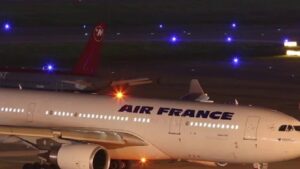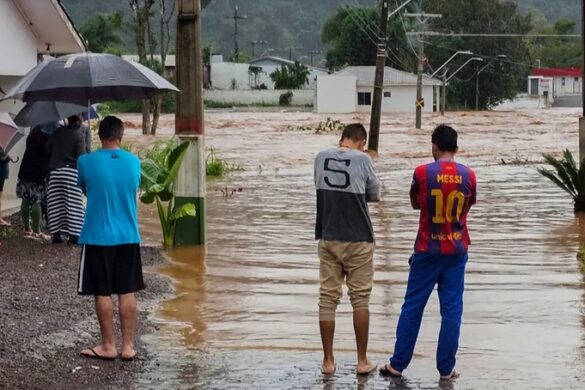The Rio-Paris flight trial opens Monday, October 10. Thirteen years after the plane crash that killed 228 people, questions persist. A look back at the worst disaster in the history of Air France.

A fall of 3 minutes and 30 seconds
The pilots multiply the maneuvers while the device is actually in free fall. “Very gradually, the plane will sink. But so gently, so gradually that there is no feeling of falling”, explains Xavier Tytelman, Air & Cosmos aeronautical expert. The fall lasts 3 minutes and 30 seconds. At 2:14 a.m., the aircraft crashed into the sea, killing the 216 passengers and 12 crew members. Lessons have since been learned. Pilots are now trained for this type of scenario. Airbus and Air France are on the bench of the defendants for the trial which opens Monday, October 10 and which should last nine weeks.


